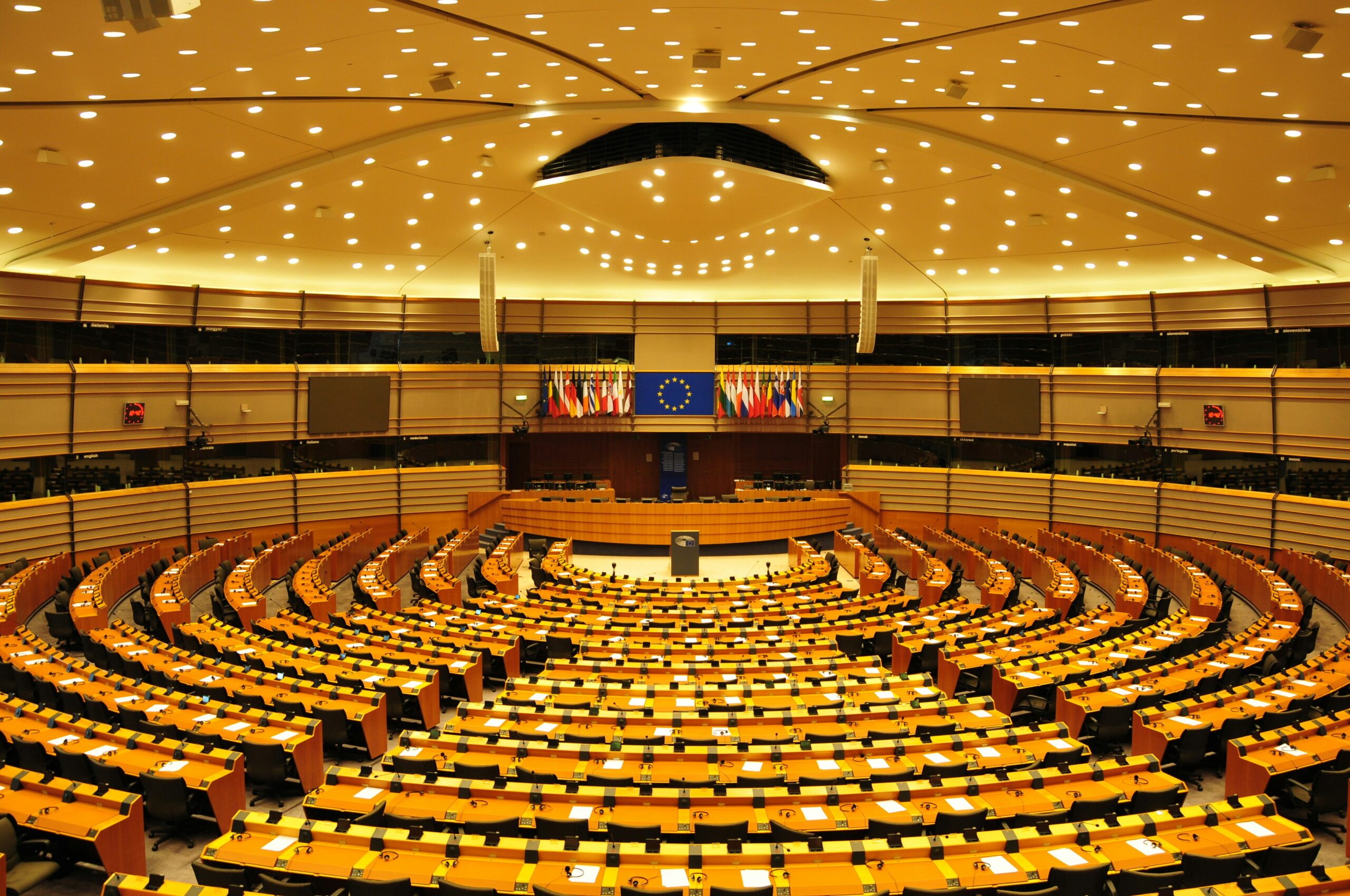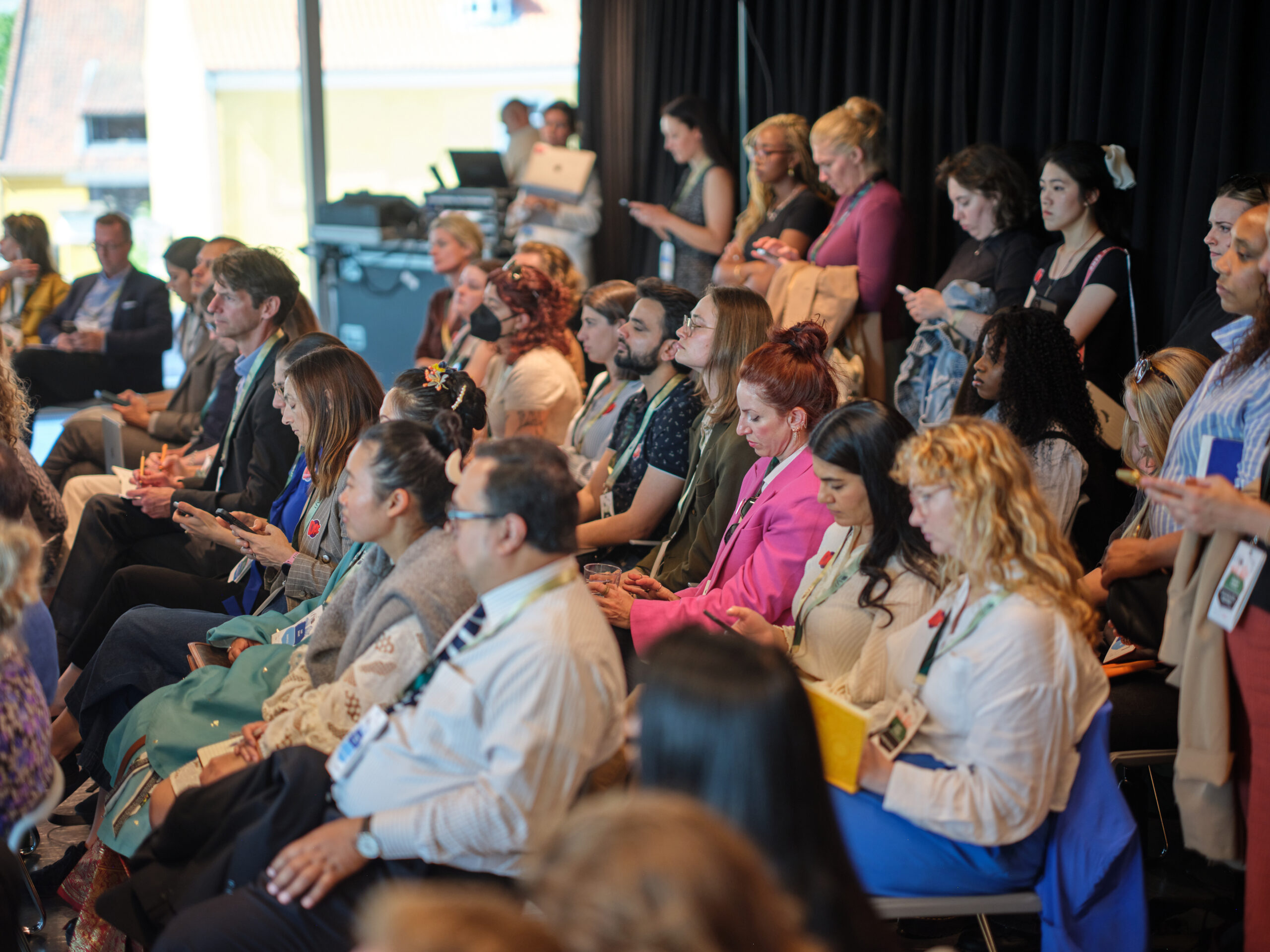Patrik Silén, Chief Strategy Officer, ASOS, says:
“We know that no individual company or brand can transform a whole industry, which is why organisations like Global Fashion Agenda and tools like the Fashion CEO Agenda are so important. By focussing our collective efforts around a common framework and structure, the Fashion CEO Agenda can help us achieve more effective results and ensure that the industry takes greater shared action to secure a sustainable, prosperous future.”
Dorte Rye Olesen, Head of Sustainability,BESTSELLER, says:
“The value of joint efforts is immeasurable and the road to bettering our industry’s footprint can only be taken together. As a strategic partner, BESTSELLER supports the GFA and the Fashion CEO Agenda in our collaborative work towards a more holistic, sustainable and prosperous future for all.”
Patrick Ho, Group Managing Director, Fung Group, says:
“Redesigning growth as we come out of the toughest time in our history requires us to work together for a resilient recovery. We need to maximize our resources and leverage innovation and technology to effectively create solutions that will help future-proof our industry and continue to protect the livelihoods of millions along the global supply chain. The Fashion CEO Agenda provides a blueprint for shared prosperity in a sustainable world.”
Helena Helmersson, CEO, H&M Group, says:
“To me, it is about empowering people to express themselves, make diverse voices heard and of course also to support livelihood and well-being. I am convinced that the key to our success is to help the people and communities around us to grow and be empowered. Only this way we can grow in a way that is truly meaningful and create prosperity far beyond our company.”




